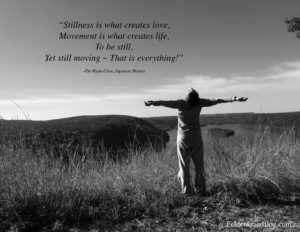Dear Students:
Moshe Feldenkrais called the kinaesthetic sense a “sixth sense” and explained that, ” it is a sense by which muscular motion, weight, position in space, etc., are perceived.” ~The Body & Mature Behavior by Moshe Feldenkrais, page 108.
Learning how to develop the kinaesthetic sense is one of the many gifts Moshe Feldenkrais gave his students with his remarkable method. By including all the information he accumulated over his life-time as a cartographer (map maker), a professional soccer player, a black belt martial artist, an engineer, physicist & mathematician, he fine tuned his own sense of spatial awareness & body orientation. This gave him an innate ability to effectively teach others how to proprioceptively improve through Functional Integration (FI) sessions and Awareness Through Movement (ATM) classes.
“A person may have good orientation and movement with a mostly unconscious feel for location. Feldenkrais brought these feelings into conscious awareness and investigated the processes by which we assemble the spatial awareness that our feel for location depends upon. He observed the common, spontaneous movements of children and had a keen appreciation for how their movements reflected an awareness of their situations in time and space.” ~Moshe Feldenkrais: A Life in Movement, by Mark Reese, page 69.
An example of how you use your ‘sixth sense’ is, when you realize where your head & pelvis are while standing, sitting, walking, dancing, flipping,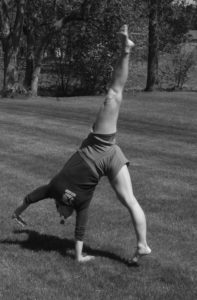 etc. Another way is by sensing where you are located in a room, a building, a town, a state, a country and potentially on the earth & in the universe!
etc. Another way is by sensing where you are located in a room, a building, a town, a state, a country and potentially on the earth & in the universe!
I include a video for you to observe seven amazing trampoline athletes demonstrating their spatial awareness. May it help you imagine some of the possibilities you have as a human being. I ask – how kinesthetically sensitive do you wish to become?
I hope to assist you in achieving your goals along the way during ATM classes, workshops and/or a FI sessions. See you soon!
Peace to all on Earth!
~Donna
Contact Donna Bervinchak at:
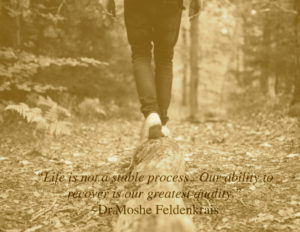


 fertilizers or manure!
fertilizers or manure!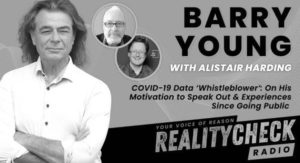 people, is something I never imagined would become necessary.
people, is something I never imagined would become necessary. reversed the order of the words “thyself” and “neighbor” in this commandment. I share this with you, hoping it will help you to maintain your health & peace of mind during this holiday season.
reversed the order of the words “thyself” and “neighbor” in this commandment. I share this with you, hoping it will help you to maintain your health & peace of mind during this holiday season. bullying, having racial bias, blaming, finger pointing, discriminating, speaking without listening, criticizing others or ourselves, name-calling, reacting when angry, using political rhetoric, being defensive or judging who’s “good/bad” or what’s “right/wrong” with people; ~
bullying, having racial bias, blaming, finger pointing, discriminating, speaking without listening, criticizing others or ourselves, name-calling, reacting when angry, using political rhetoric, being defensive or judging who’s “good/bad” or what’s “right/wrong” with people; ~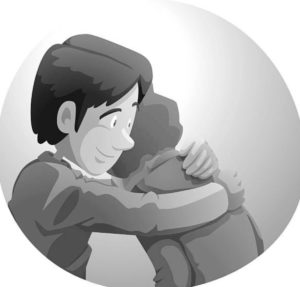 Marshall Rosenberg on Restorative Justice: “Restorative Justice is a very radical concept because it means instead of punishing people we need to look at crime in a total context, a total community context, and we need to get the victim & the perpetrator & the community all involved in a healing and restoration of things to a place that is good for everybody.
Marshall Rosenberg on Restorative Justice: “Restorative Justice is a very radical concept because it means instead of punishing people we need to look at crime in a total context, a total community context, and we need to get the victim & the perpetrator & the community all involved in a healing and restoration of things to a place that is good for everybody.